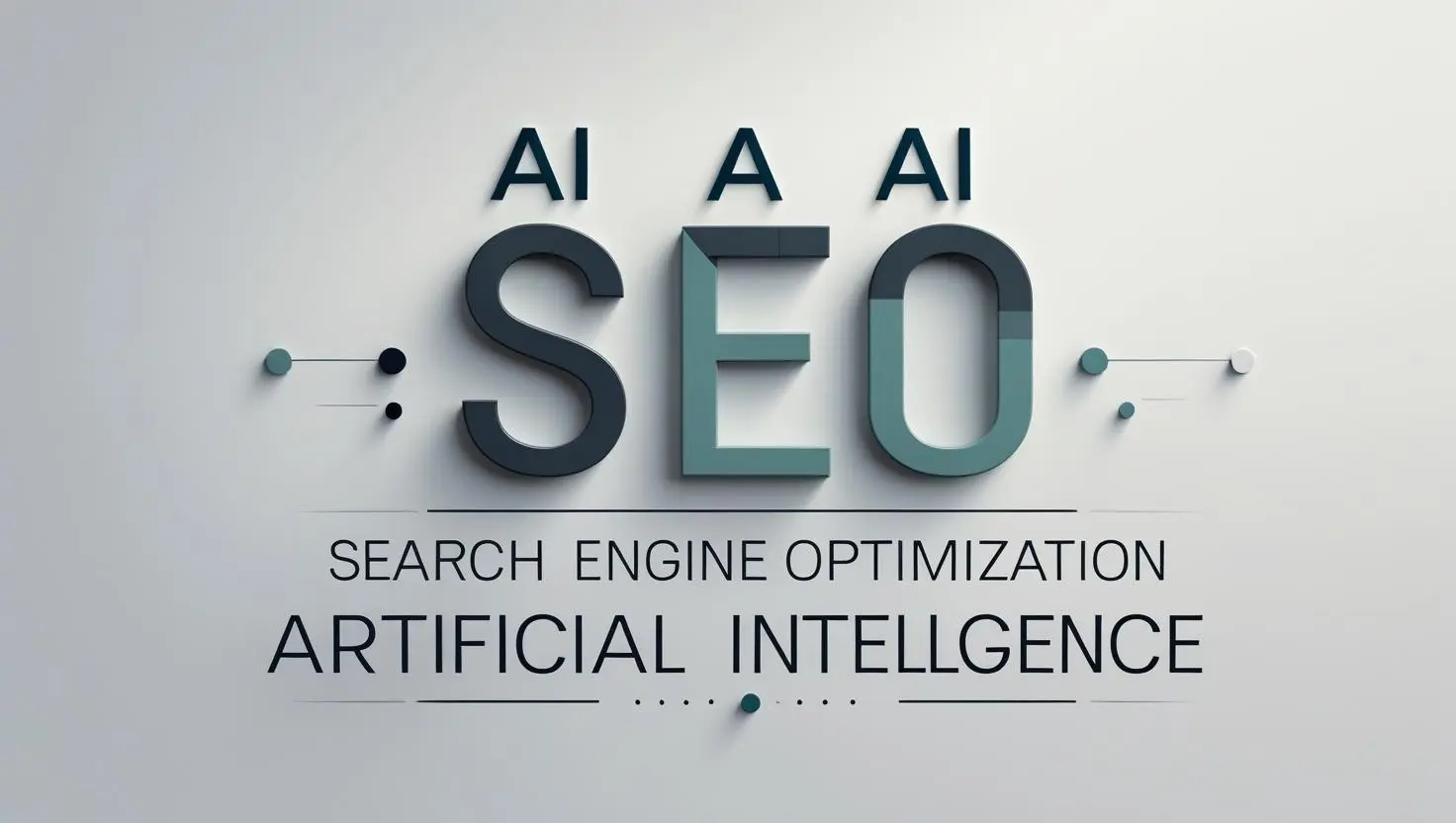2025 SEO Breakthrough: AI Writing Tools That Skyrocket Traffic
What if you could write research papers, technical documents, or SEO content in half the time—with fewer errors and zero formatting headaches? Keep reading to discover one of the latest AI writing tools that’s transforming how professionals create high-quality content.
AI content for SEO transforms how marketers create and optimize digital content today. Many professionals use it to save time and improve content quality across websites. AI writing tools help generate relevant, keyword-rich content tailored to specific audience needs. Still, its long-term impact on search rankings remains a topic of active discussion. Marketers now explore how AI fits into sustainable and ethical SEO strategies. and the findings reveal some surprising insights.
AI Writing Tools in SEO: Still Uncertain Territory
AI content’s impact on SEO remains uncertain, and this ambiguity is a cause for concern. Google’s stance on AI-generated content is not clear, and predictions about how it will affect rankings vary. Currently, there’s no official confirmation on how Google plans to address content generated by AI writing tools, and as such, the risk remains high. If Google chooses to penalize AI-generated material, it could range from devaluing individual pieces to issuing site wide penalties for websites heavily reliant on AI content.
The uncertainty around AI in SEO means that any content published without human oversight is essentially risky. SEO strategies built entirely around AI-generated content could face significant long-term consequences, so proceeding cautiously and with moderation is wise.
Google Has Already Penalized AI-Heavy Sites
We’ve already seen some consequences for sites that rely excessively on AI-generated content. In certain cases, websites publishing large volumes of low-quality AI content have faced substantial penalties, including a significant drop in search traffic. The quality of AI content is a critical factor—poorly written material can trigger penalties, as Google’s algorithms prioritize content that provides real value to users. AI writing tools play vital role in your content.
Publishing large quantities of AI content without proper quality control is asking for trouble. Marketers need to be mindful of content quality, as high volumes of subpar content are more likely to be penalized by Google. Human intervention, in the form of editing and fine-tuning, is crucial for ensuring that AI-generated content remains valuable and engaging.
Some Sites Are Ranking while using AI Writing Tools
Despite the risks, there are examples of websites successfully ranking with AI-generated content. However, this success tends to happen under specific conditions: the AI content is of high quality, the volume isn’t massive, and the competition is relatively low. In these cases, AI-generated content has been able to gain traction in search results. But this doesn’t mean AI content is a surefire way to achieve rankings.
While AI content can rank, the issue remains that it often doesn’t convert well. Low-quality AI-generated content generally doesn’t engage users in a meaningful way, which leads to poor conversion rates. Thus, marketers should be cautious when relying on AI for content creation, especially when high conversion rates are the goal.
Google’s Official Take on AI Content
In early 2023, Google addressed AI content directly in a blog post and updated its SEO guidelines. The company reiterated that using AI for SEO purposes isn’t inherently bad, but the focus must remain on creating high-quality, user-focused content. Google made it clear that content created for search engine manipulation—whether generated by AI or humans—is frowned upon. The message was clear: content should always serve the user, not just the algorithm.
This stance underscores the importance of maintaining a balance between SEO optimization and user satisfaction. It’s not enough to just create AI content and expect it to rank; it must provide genuine value to users. Google has stated that it prioritizes quality over quantity, a principle that applies equally to human- and AI-generated content.
The Arms Race of AI Content Detection
As AI content creation becomes more widespread, so too does the need for detecting it. Currently, most AI detection tools are not yet highly effective, and there’s speculation that Google is working on more sophisticated detection methods. In the future, these tools could identify AI-generated content with greater precision, leading to potential penalties for sites that rely heavily on it.
Another emerging concern is AI content watermarking, a technique that would involve embedding hidden markers into AI-generated text. This would allow content to be identified as AI-produced, even if it’s later edited. OpenAI is already exploring watermarking techniques, and the implications for SEO could be significant if Google begins to factor in these markers when assessing content.
AI Writing Tools: Expert Takes on Content Quality
Industry experts are divided on the use of AI content for SEO. Some, like Ross Hudgens, warn against pushing content out at an unsustainable pace using AI tools, as this can negatively impact long-term rankings. Others, such as Lily Ray, predict that Google will eventually introduce an algorithm update specifically targeting AI-generated content, potentially leading to more penalties.
Write Smarter, Not Harder: Overleaf Introduces AI Tools for Researchers
AI writing tools continue to push boundaries in 2025, not just in marketing and SEO, but also in academic and technical fields. A prime example is Overleaf, the world’s leading LaTeX editor for scientific writing, which recently introduced a powerful AI add-on called AI Assist. Developed by Digital Science, this tool gives over 20 million research writers immediate access to AI-powered writing features that streamline complex academic content creation. With just a few clicks, users can paraphrase, summarize, or even auto-generate abstracts and titles—perfect for producing polished, publication-ready documents faster than ever.
AI Assist brings the capabilities of Digital Science’s Writefull service directly into Overleaf, enabling both language and LaTeX-specific enhancements. Writers now benefit from contextual language feedback, grammar suggestions, and style improvements, all tailored for academic precision. In addition, advanced LaTeX tools—such as AI-generated tables, equation builders, and error detection—reduce the technical burden on researchers. As AI writing tools evolve, platforms like Overleaf show how these innovations are empowering creators to focus more on impactful content and less on formatting or syntax challenges.
Proceed with Caution
The future of AI-generated content for SEO is still up in the air. While there are opportunities to use AI effectively, especially for specific types of content, the risks involved should not be underestimated. As Google continues to refine its algorithms and AI detection methods, marketers need to be vigilant and avoid overreliance on AI.
For now, it’s best to treat AI content as a tool to assist in content creation rather than a complete replacement for human input. If used carefully and in moderation, AI can be a valuable asset in your SEO strategy, but the focus should always be on quality and user engagement.






